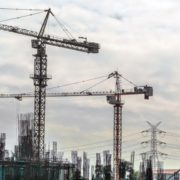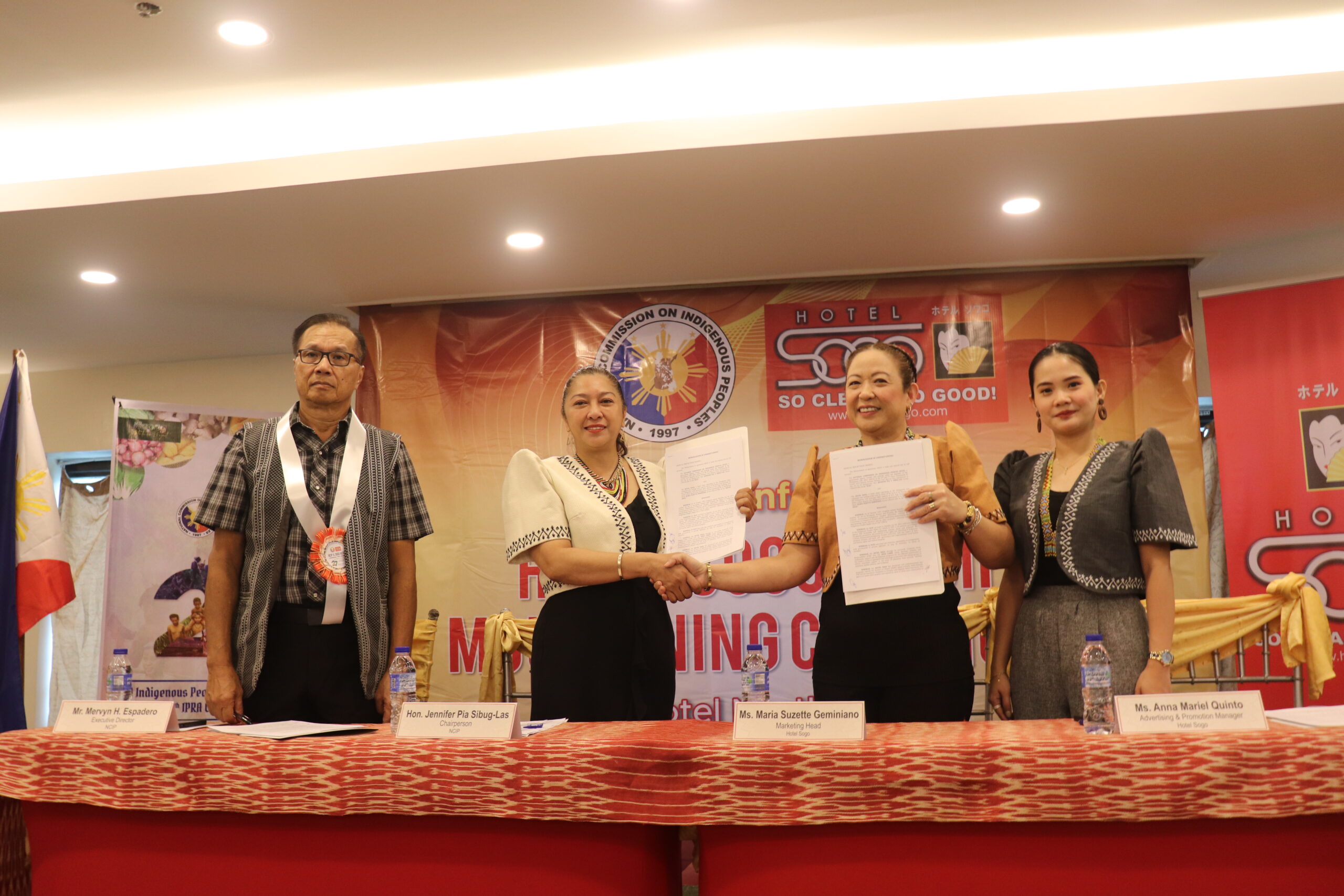
The Philippines’ Public-Private Partnership (PPP) Center is supporting provinces, cities, and small towns across the archipelago in tapping private capital to modernize transportation networks and other aging infrastructure.
As the Philippines gears up for more investment in infrastructure, the government-run Public-Private Partnership (PPP) Center is extending its support from mainly advising the central government to assisting provinces, cities, and small towns across the archipelago on how to tap private capital to upgrade and modernize transportation networks and other aging infrastructure.
The PPP Center, housed in the Manila suburb of Quezon City, serves as the lead coordinating and monitoring body overseeing the country’s PPP program. Specifically, it helps improve government agencies’ abilities to prepare and structure projects and facilitate and monitor project implementation. The center also manages the Project Development and Monitoring Facility (PDMF), which helps government agencies and local government units (LGUs) develop bankable PPP projects and monitor project progress.
The Asian Development Bank (ADB) has been supporting the PPP program and the PPP Center since it was set up in 2010 through a technical assistance (TA). Apart from the TA, ADB’s policy-based loan, Expanding Private Participation in Infrastructure Program (EPPIP), provided comprehensive support since 2012 to three major areas in the country’s infrastructure development program, namely improving policy and legal frameworks, strengthening government commitment and support, and developing capacities of key infrastructure institutions such as the PPP Center in building a robust pipeline of projects. These reforms also included the setting up of the PDMF.
Banking on these initial gains, ADB’s Board of Directors approved last Friday a second EPPIP loan of $300 million to further encourage private participation in infrastructure development.
Over the medium term, the EPPIP will further sustain major PPP policy initiatives such as the passage of the PPP Act, currently pending in Congress, which seeks to modernize the 28-year-old Build-Operate-Transfer Law, the legal framework governing private sector participation in infrastructure development and financing. The bill will also institutionalize existing PPP best practices, simplify and clarify project development procedures, and create a risk management program, among other reforms.
“The last seven years of the PPP program highlighted numerous lessons in infrastructure development, financing, and implementation which are critical building blocks in the next phases of its evolution under the current infrastructure development regime. The EPPIP has significantly supported the PPP Center and infrastructure institutions in their key objectives: policy enhancements, project pipeline development, and continuous capacity building,” said Deputy Executive Director Mr. Eleazar E. Ricote, a career official at the PPP Center.
The EPPIP also reinforced a new direction for the program, which is to bring down PPP options to local governments. This strategy, launched by the PPP Center in 2017, is anchored on the local development agenda of the government of President Rodrigo Duterte, which aims to improve infrastructure and service facilities across the country.
Equipped with manuals, project references, templates, and other information materials developed under EPPIP, the PPP center, along with its mother agency the National Economic and Development Authority, has partnered with the Department of Interior and Local Government (DILG) to train LGUs on how to use the PPP model. The DILG, in turn, mandated LGUs to create their own local PPP Codes which will govern infrastructure projects they will pursue with private sector assistance.
In recent months, the PPP Center has received at least four requests a week to train LGUs on how to use the PPP model, Mr. Ricote said. Just last week, nearly three dozen staff from the municipal government of Baggao town in northeastern Cagayan province traveled for about 13 hours to Manila to participate in the pre-bid conference of their planned Bulk Water Supply project for the town’s 83,000 residents.
“We are happy to see a growing pipeline of PPP projects at the LGU level, as this supports our thrust of promoting local economic development,” said ADB Director General for Southeast Asia Mr. Ramesh Subramaniam. “We are committed to supporting the Philippine government’s vision of connecting regions and markets, generating jobs, and spurring economic development through better infrastructure.”
While the Philippines has been among the fastest-growing economies in Southeast Asia in recent years, public investment, especially on infrastructure, has not kept pace. Huge gaps in infrastructure, particularly outside Manila, hinder foreign investment and faster economic growth.
The Philippine government is tackling this problem with its “Build, Build, Build” program, which aims to raise infrastructure investments to 7.4% of gross domestic product by 2022 from 5.1% in 2016. This program is estimated to require $168 billion in investments for high-impact priority projects nationwide, using an optimal funding mix of government spending, official development assistance, and private sector financing.
“The Philippine PPP program, now expanding to local and regional jurisdictions and openly enjoining private sector initiated unsolicited proposals, will continue to be a reliable infrastructure financing and development option, as consistently advocated by government institutions such as the PPP Center and enabled by ADB’s committed support through the EPPIP,” Mr. Ricote said.
In total, the government has awarded about $6.2 billion to 16 national PPP projects under the PPP Center’s watch since 2010. One of these big-ticket projects is Terminal 2 of Mactan Cebu International Airport. The facility, opened in June, nearly doubled the airport’s capacity to 8 million passengers annually from the previous 4.5 million passengers.
There have been 2 LGU PPPs awarded so far, involving a public market redevelopment and a slaughterhouse project. Apart from the Baggao water supply project that has been tendered, two feasibility studies for wastewater treatment in Cagayan de Oro and a water supply project in Bohol were completed. Ten other LGU PPP projects are in project development stages.
This article was first published by the Asian Development Bank (www.adb.org).




